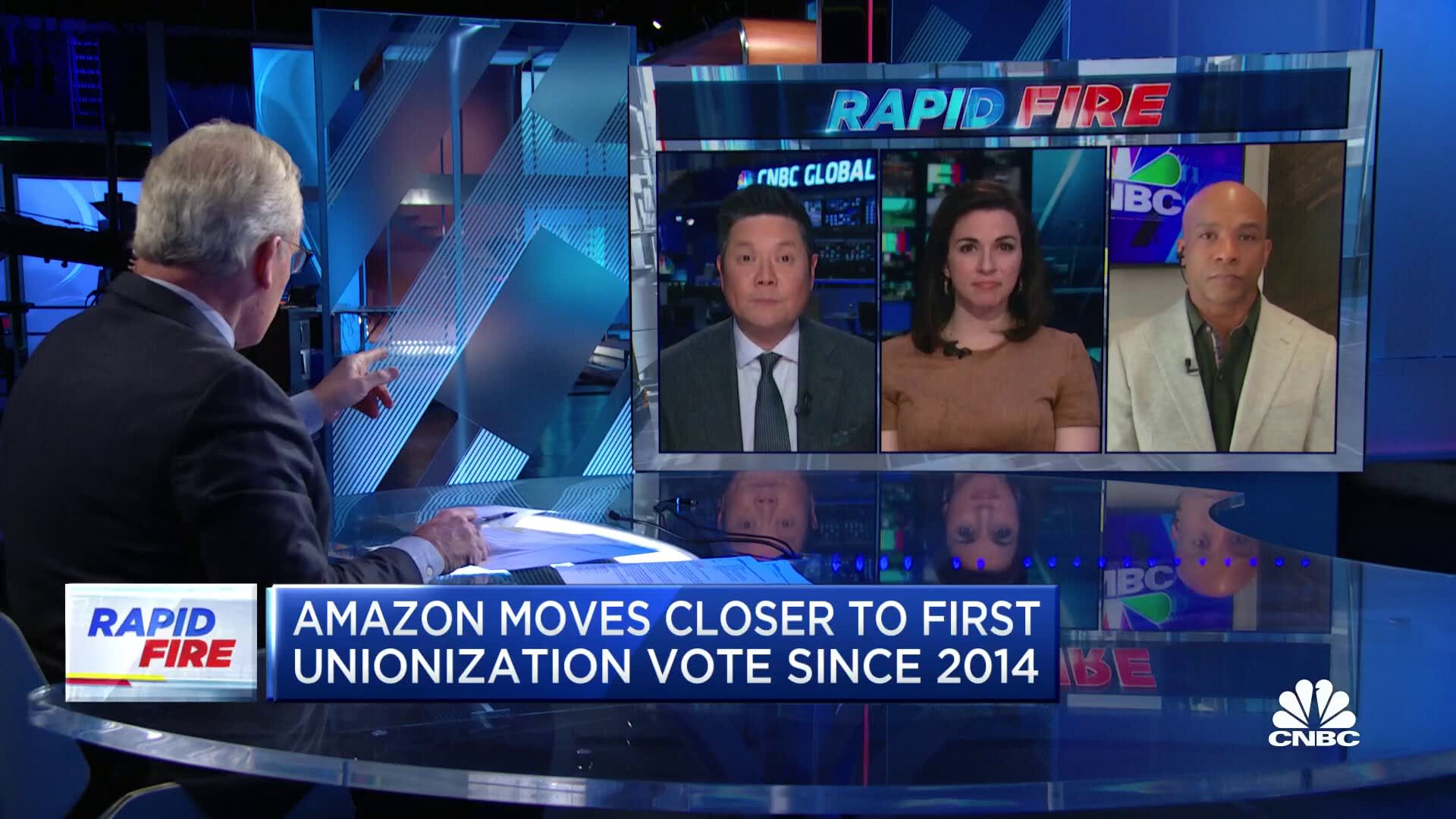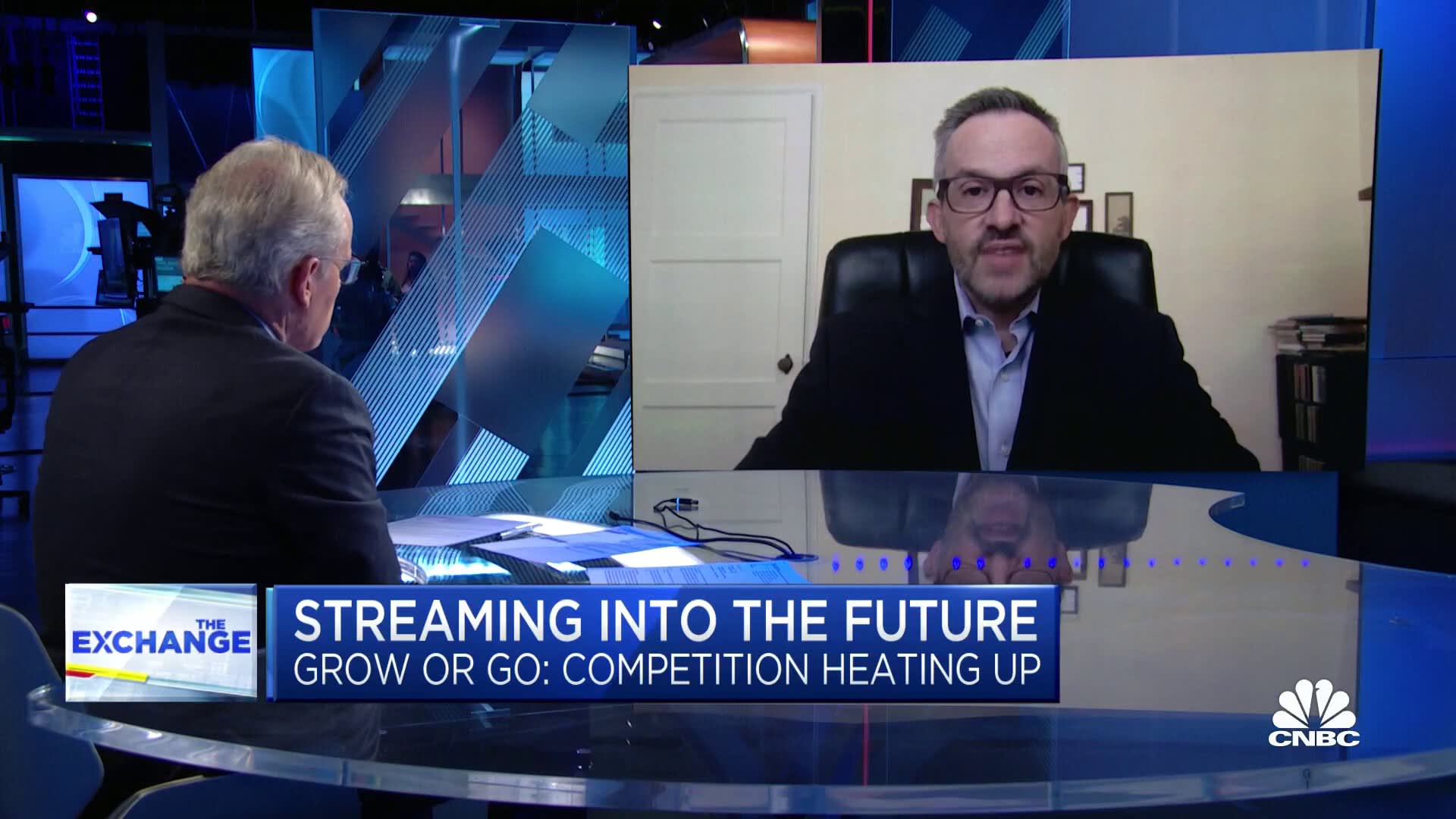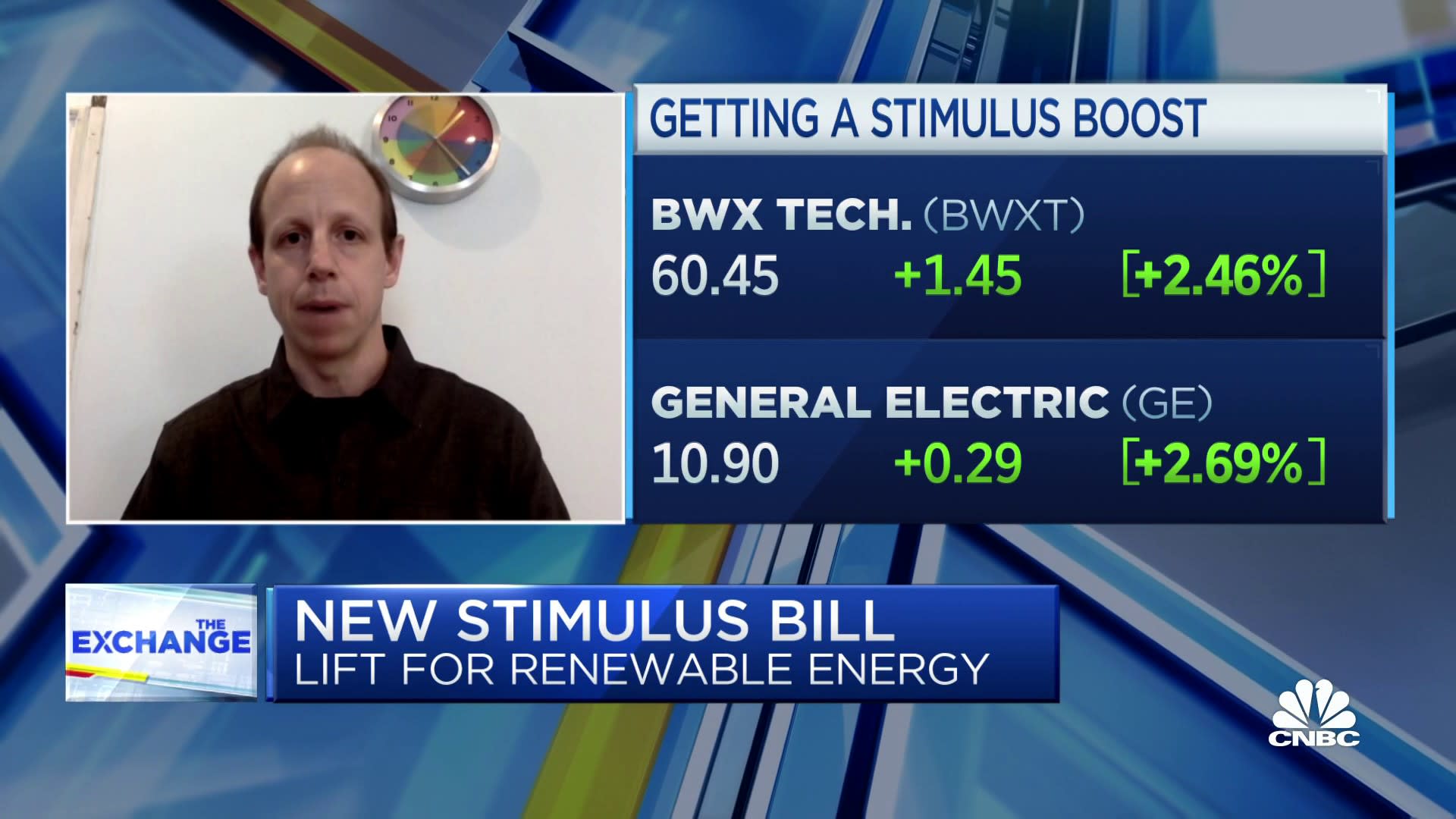China gets goaded into a smackdown
EDITOR'S NOTE
Jack Ma gave a speech in Shanghai in late October. A brilliant speech about the future of finance, whose translation is kindly provided here and worth a read. "I'm basically retired at this point," he said, "so I thought I'd speak freely at this unofficial forum and share the non-professional views of a non-professional person."
Speak freely? In today's China? What a disaster for him that has turned out to be. In the eight weeks since, Chinese authorities have pulled the plug on Ma's Ant Financial IPO and opened an investigation into Alibaba, the internet giant he founded, over "monopolistic practices." Alibaba shares have tanked 14% since news of that investigation hit on Christmas Eve; they have plunged 31% since Ma's speech in late October.
What did Ma dare say that was so damning that Xi Jinping personally halted the IPO? By our standards, not much. The line that's mostly being cited is Ma quoting Xi as saying "Success does not have to come from me." Ma was using that line to suggest that China is open to innovation. Ma also gently warned about regulation, saying, "To make risk-free innovation is to stifle innovation...managing risk down to zero is the biggest risk."
"Good innovation is not afraid of regulation, but is afraid of being subject to yesterday's way to regulate," Ma said. "We cannot use yesterday's way to manage the future." Again, this was enough--in a speech that also said "Just because Europe and the United States have done something does not mean that thing is always advanced and worth having ourselves"--to "infuriate" Xi Jinping.
Ma's speech happened to come the very day after Ant Financial priced its $37 billion IPO, which would be thwarted just hours later. That IPO was not only huge, it was hugely symbolic. As Ma himself said in the speech, "This is the largest listing ever priced in the history of the entire human race, and the pricing happened in a place other than New York City. This was unthinkable even five years ago."
Instead, the IPO was scrapped, and China is now going after Alibaba--one of its biggest and most successful private companies--as well. At a time of tremendous anxiety over China's rising influence in the world, it's hard not to see this as China shooting itself in the foot over a perceived insult. Especially if regulators crack down on other tech giants, too, to make it seem less personal.
"If it means more arbitrary regulatory actions related to political, rather than market missteps, that could be a nightmare for Chinese technology giants--and their investors," Jacky Wong wrote in the Wall Street Journal today. It's exactly what Jack Ma had just warned about. China has the talent and opportunity to build the global financial system of the future, leapfrogging the archaic west. Or it could squander the moment instead.
Two months ago, Alibaba was worth $858 billion--more than Facebook, more than all but a couple of companies in the world. Now it's already smaller than Facebook (and Tesla), worth just $591 billion. And given the fates of other billionaires who have criticized China's leadership, Ma will be lucky if his blows are only financial.
Another billionaire disappeared in March after writing an essay criticizing China's response to Covid-19, and was sentenced in September to 18 years of prison on corruption charges. "[His] conviction and heavy sentence appears designed to send a message to other members of the Chinese elite that any public criticism or defiance of Xi will not be tolerated," wrote CNN.
The furious reaction to Ma's comments are in keeping with that message. It's China's choice to make--build the new world order, or preserve Xi Jinping's "image" and authoritarian control. The Alibaba example suggests it may be harder than many assume to do both. And if the latter is truly more important (and it usually is), perhaps the west has less to worry about after all.
See you at 1 p.m!
Kelly KEY STORIES
IN CASE YOU MISSED IT
| ||||||||||||||||||||||||||||||||||||||||||||||||||||||||||||||||||||||||||||||||||||||||||||||||||||||||||||||||||||||||||||||||||||||||||||||||||||||||||||||||||||||||||||||||||||







Post a Comment